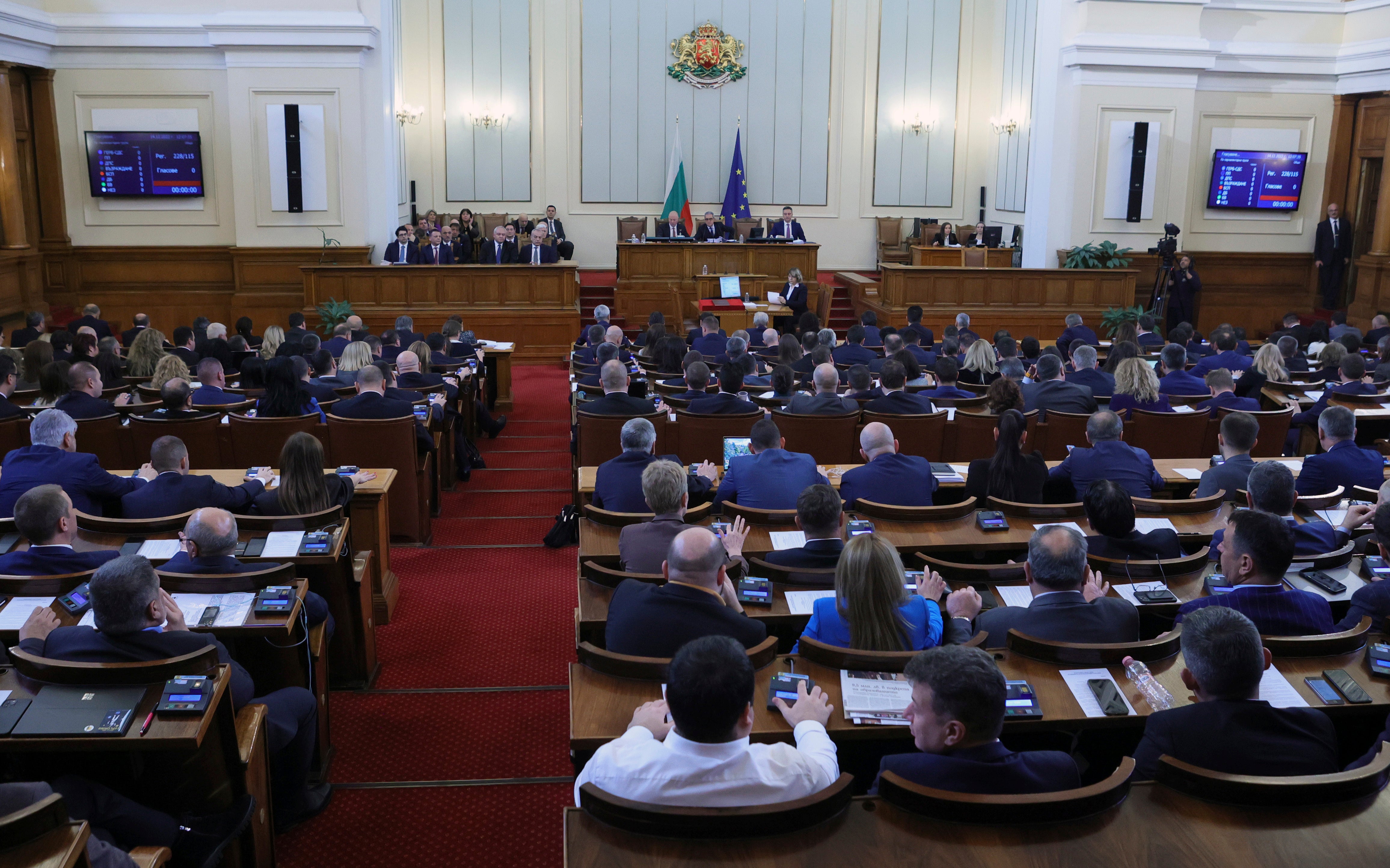EU commissioner nominated to lead Bulgaria's next government
A European Union commissioner from Bulgaria has been nominated for the post of prime minister as the Balkan country struggles to end a two-year period of political instability and economic hardship

A European Union commissioner from Bulgaria was nominated Wednesday for the post of prime minister, as the Balkan country struggles to end a two-year period of political instability and economic hardship.
Maria Gabriel was tipped on Wednesday by the center-right GERB party — the winner of the parliamentary election last month — to receive a mandate from the country’s president to nominate a Cabinet, which needs to be approved by a majority in parliament.
President Rumen Radev has announced that he would give the mandate on Monday.
Gabriel, 43, a member of the European Parliament since 2009, is EU commissioner for innovation, research, culture, education and youth. She is also the first vice chair of the European People’s Party.
The EPP's leader, Manfred Weber, tweeted Wednesday that Gabriel “has the experience and international authority to overcome the political stalemate in Sofia,” regarding the formation of a government.
In Sofia, GERB leader Boyko Borissov, himself a three-time prime minister, praised Gabriel in parliament as someone “who can lead the economy, industry, modernization in the direction we expect.”
Borissov, whose party won in the early election in October by just 2 percent over the pro-European We Continue the Change-Democratic Bulgaria group, said that he prefers a coalition government with them. But the reformists promptly rejected that, saying that the very reason for their existence was to eliminate the corruption that they say was brought about by GERB.
Now, Borissov will have to seek support from the remaining parliamentary groups, which include an ethnic Turkish party, the Socialist party, an anti-elite party and a pro-Russia nationalist group.
If GERB fails to form a government, the president must give the mandate to the second-largest political party in parliament and then to the third largest if there’s no result.
Because of deep rifts between the parties in parliament, analysts have serious doubts that a viable coalition can be formed, and many don’t exclude the possibility of another election — the sixth in 2½ years.
Bookmark popover
Removed from bookmarks